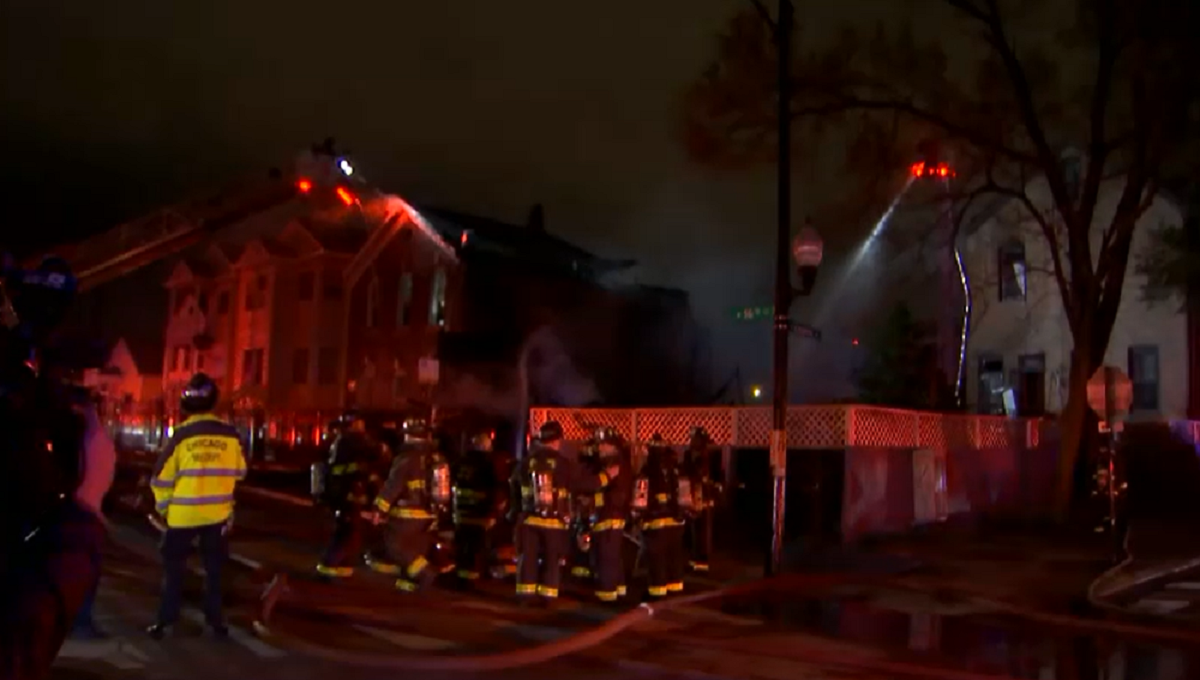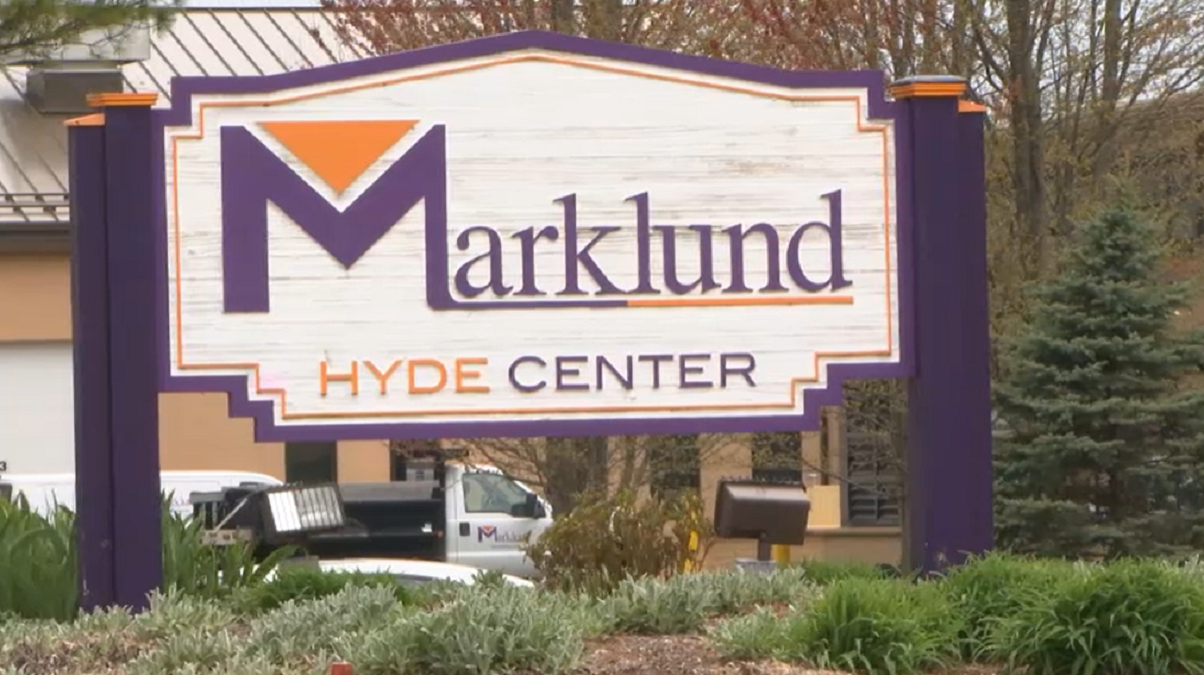For years, Gov. Bruce Rauner's pulpit for preaching fiscal order was the Illinois budget. He was even willing to see whole swathes of the state government effectively shut down to get his way.
But this budget season he virtually disappeared from the debate and lawmakers whisked through a smoothly negotiated, $38.5 billion spending plan in the final days of their spring legislative session.
Gone was Rauner's insistence on his "turnaround agenda" of business-friendly structural changes, demands that led to a budget stalemate for 2 ½ years, longer than any state in U.S. history since at least the Great Depression.
Republicans in the state Legislature, many of whom supported Rauner through three traumatic years of confrontation with Democrats in Springfield and face tough re-election campaigns this fall, weren't going to let Rauner dictate their fate this time. The die was cast last July when some GOP House members broke ranks to help enact a $5.4 billion income-tax increase to secure a state budget and get Illinois paying its bills again.
One of those GOP mavericks, Rep. Steve Andersson of Geneva, said the Rauner administration realized it couldn't count on loyal soldiers holding out for the turnaround agenda of restrictions on collective bargaining, reductions in benefits from workers' compensation, or term limits on politicians.
"If we got stalled out, we weren't going to let the state go down," said Andersson, who lost a leadership position after he abandoned Rauner and voted for the tax increase last year and isn't seeking re-election. "That implicit reality helped shape the dialogue and I think the governor finally realized that if he didn't figure out a way to get on the train so to speak, we would pass him by."
Sen. Pamela Althoff, a McHenry Republican, said it wasn't so much a matter of Republicans sidelining the governor but Republicans understanding what the stalemate had cost their constituents.
Local
"Understanding the fallout of not having a budget for two years, we were all well aware of significant consequences if we did not pass a budget and did not get one done on time," Althoff said.
She said the GOP had the turnaround agenda in mind, but she acknowledged, "Some of those components would just be impossible, after three years, to address."
Rauner spokeswoman Rachel Bold said the difference this year was that the governor started "with a couple of really common-sense goals in mind — a full-year balanced budget and no new taxes." Lawmakers confirmed that Rauner's budget office was involved in all the negotiations.
"Thanks to the hard work of a lot of people, we've come as close as any General Assembly and governor in Illinois in a long time to give the people of Illinois a budget that can be balanced," Bold said.
Rauner has already shown signs that he plans to campaign for re-election by opposing the tax increase foisted on him by the Legislature, even though the revenue generated by that increase helped lawmakers produce the blueprint he is expected to sign.
His Democratic opponent, billionaire businessman J.B. Pritzker, can be counted on continue to pummel Rauner on the "historic 736 days without a budget," the reminder he added to his statement on the Legislature's budget deal.
The turnaround agenda isn't going away, Rep. Tom Demmer, a Republican budget negotiator from Dixon, said Thursday night after the House budget vote.
"We can't ignore the fact that we still need to have structural reforms," Demmer said. "So just because we passed a balanced budget today doesn't mean we're out of the woods yet."



